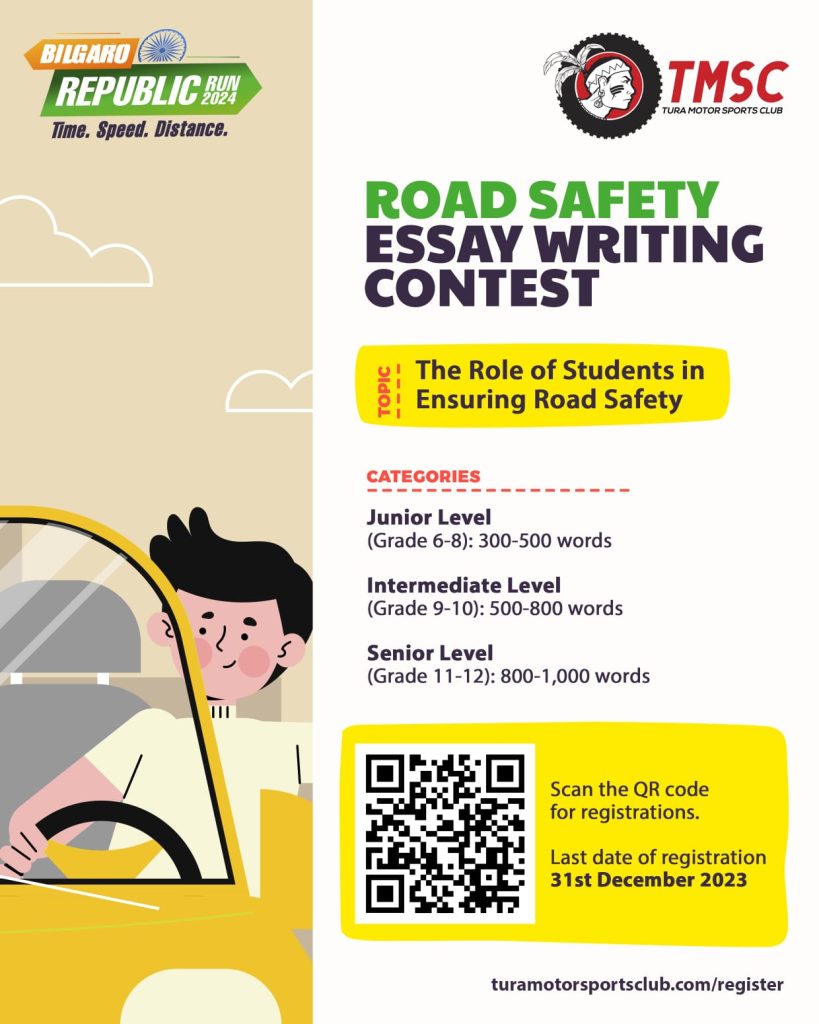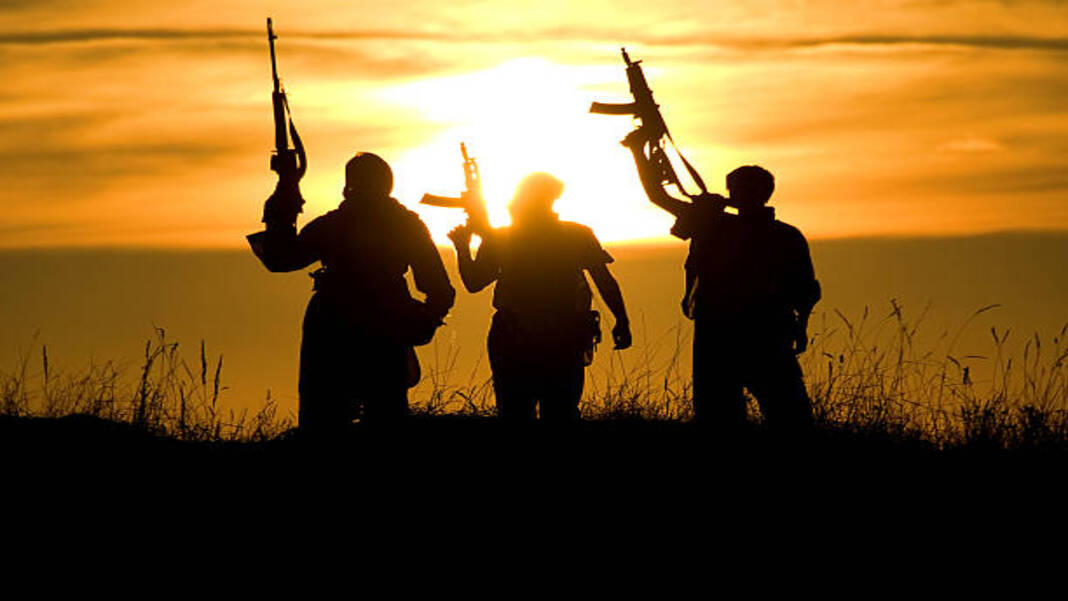Guwahati, Dec 29: The ULFA was formed at Rang Ghar in Sivsagar in 1979 and was banned in 1990 when it started an armed conflict against the state.
The original ULFA split after the top leadership, led by Arabinda Rajkhowa, was arrested in Bangladesh and handed over to India in 2008.
Three years later, Rajkhowa and his group decided to join the peace talks.
The outfit split into two factions in 2011 when the pro-talk faction led by Rajkhowa decided to return to the state from abroad and participate in peace talks, while the other group, ULFA (Independent), led by its commander Paresh Barua, was opposed to negotiations unless the ‘sovereignty’ clause was included.

The Rajkhowa-led ULFA faction had begun unconditional talks with the central government in 2011, despite strong opposition from the hardline wing led by Paresh Baruah, who is believed to be along the China-Myanmar border.
Paresh Barua expressed his decision to stay away from it and thereafter formed ULFA (Independent).
In April 2010, an umbrella group of Assam’s civil society organisations that called itself Sanmilita Jatiya Abhivartan (SJA) held its first convention in the Machkhowa area of Guwahati to facilitate talks between the outfit and the Centre to resolve the conflict.
The SJA put together a charter of demands for the ULFA to take up with the Centre.

The pro-talk ULFA had submitted a 12-point charter of demands on which the talks should be held, and these include constitutional and political arrangements and reforms; protection of the identity and material resources of the local indigenous population of Assam; financial and economic arrangements; a status report on missing ULFA leaders and cadres; amnesty; reintegration and rehabilitation of ULFA members and affected people; settlement of all royalties on mines and minerals, including oil, on a retrospective compensatory basis; and rights of independent use for sustainable economic development in the future.
The demand of the pro-talk faction also encompassed the right to engage in specific relationships with foreign countries for the promotion of mutual trade, commerce, and cultural relations, as well as the restoration, protection, preservation, and spread of the indigenous culture of Assam.
Also Read: Assam: ULFA’s pro-talk faction set to sign historic peace accord with Centre, Assam Govt today
Also Watch
Find latest news from every corner of Northeast India at hubnetwork.in, your online source for breaking news, video coverage.
Also, Follow us on-
Twitter-twitter.com/nemediahub
Youtube channel- www.youtube.com/@NortheastMediaHub2020
Instagram- www.instagram.com/nemediahub





